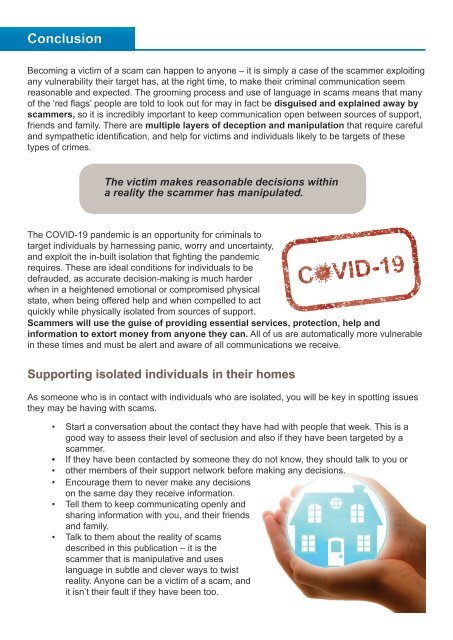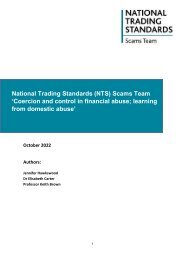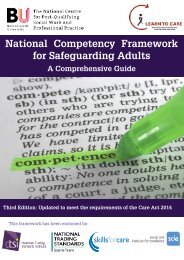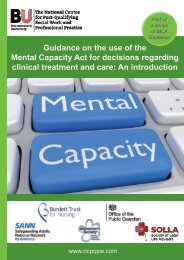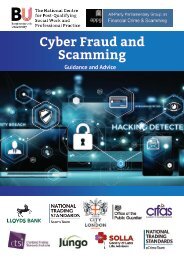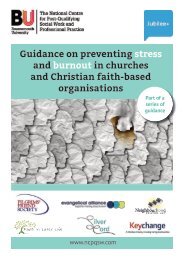0-Scams The Power of Persuasive Language
This publication shows how criminals use language in subtle and powerful ways to scam people out of money. It highlights how, far from the popular idea of the gullible or vulnerable person ‘falling for’ a scam, the reality is that scammers are highly skilled manipulators of language that use techniques designed to make people feel at ease and disguise any cause for concern. This booklet will show some of the ways in which scammers use the reassurance of familiarity, our normal instincts to protect, and isolation from support to draw people in and justify their behaviour.
This publication shows how criminals use language in subtle and powerful ways to scam people
out of money. It highlights how, far from the popular idea of the gullible or vulnerable person
‘falling for’ a scam, the reality is that scammers are highly skilled manipulators of language
that use techniques designed to make people feel at ease and disguise any cause for concern.
This booklet will show some of the ways in which scammers use the reassurance of familiarity, our
normal instincts to protect, and isolation from support to draw people in and justify their behaviour.
You also want an ePaper? Increase the reach of your titles
YUMPU automatically turns print PDFs into web optimized ePapers that Google loves.
Conclusion<br />
Becoming a victim <strong>of</strong> a scam can happen to anyone – it is simply a case <strong>of</strong> the scammer exploiting<br />
any vulnerability their target has, at the right time, to make their criminal communication seem<br />
reasonable and expected. <strong>The</strong> grooming process and use <strong>of</strong> language in scams means that many<br />
<strong>of</strong> the ‘red flags’ people are told to look out for may in fact be disguised and explained away by<br />
scammers, so it is incredibly important to keep communication open between sources <strong>of</strong> support,<br />
friends and family. <strong>The</strong>re are multiple layers <strong>of</strong> deception and manipulation that require careful<br />
and sympathetic identification, and help for victims and individuals likely to be targets <strong>of</strong> these<br />
types <strong>of</strong> crimes.<br />
<strong>The</strong> victim makes reasonable decisions within<br />
a reality the scammer has manipulated.<br />
<strong>The</strong> COVID-19 pandemic is an opportunity for criminals to<br />
target individuals by harnessing panic, worry and uncertainty,<br />
and exploit the in-built isolation that fighting the pandemic<br />
requires. <strong>The</strong>se are ideal conditions for individuals to be<br />
defrauded, as accurate decision-making is much harder<br />
when in a heightened emotional or compromised physical<br />
state, when being <strong>of</strong>fered help and when compelled to act<br />
quickly while physically isolated from sources <strong>of</strong> support.<br />
Scammers will use the guise <strong>of</strong> providing essential services, protection, help and<br />
information to extort money from anyone they can. All <strong>of</strong> us are automatically more vulnerable<br />
in these times and must be alert and aware <strong>of</strong> all communications we receive.<br />
Supporting isolated individuals in their homes<br />
As someone who is in contact with individuals who are isolated, you will be key in spotting issues<br />
they may be having with scams.<br />
• Start a conversation about the contact they have had with people that week. This is a<br />
good way to assess their level <strong>of</strong> seclusion and also if they have been targeted by a<br />
scammer.<br />
• If they have been contacted by someone they do not know, they should talk to you or<br />
• other members <strong>of</strong> their support network before making any decisions.<br />
• Encourage them to never make any decisions<br />
on the same day they receive information.<br />
• Tell them to keep communicating openly and<br />
sharing information with you, and their friends<br />
and family.<br />
• Talk to them about the reality <strong>of</strong> scams<br />
described in this publication – it is the<br />
scammer that is manipulative and uses<br />
language in subtle and clever ways to twist<br />
reality. Anyone can be a victim <strong>of</strong> a scam, and<br />
it isn’t their fault if they have been too.


